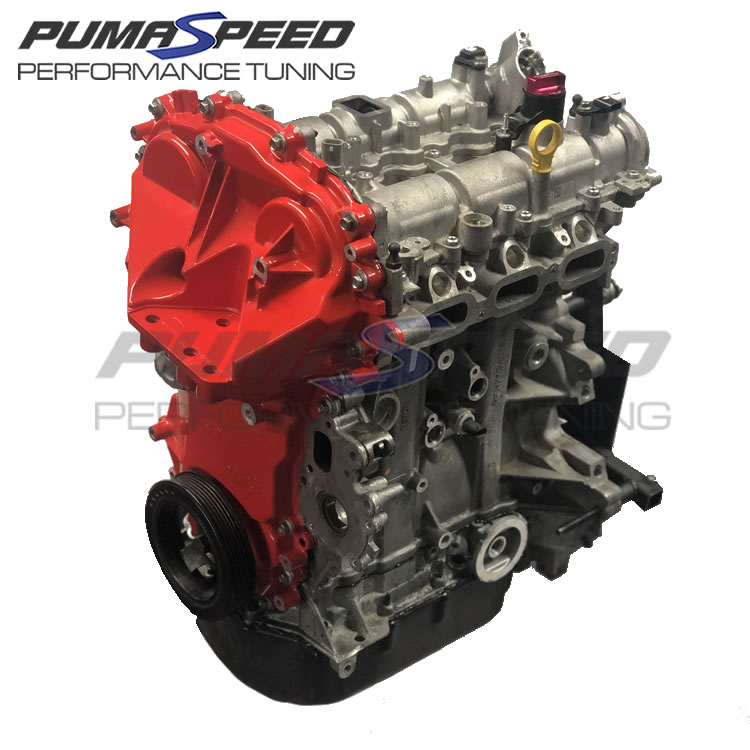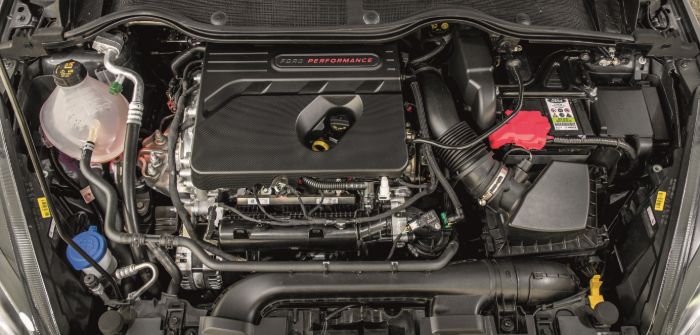Unlocking the Power of Engines: A Comprehensive Guide to Efficiency and Efficiency
Comprehending the complex auto mechanics of engines is critical for both efficiency fanatics and daily chauffeurs. The answers might redefine our approach to engine efficiency and efficiency in methods that are both informing and vital.
Comprehending Engine Fundamentals
What comprises the basic technicians of an engine? At its core, an engine is an equipment developed to transform gas into mechanical energy with a collection of controlled surges or burning processes.
The crankshaft then changes this straight activity right into rotational energy, which inevitably powers the vehicle. The camshaft manages the opening and closing of the valves, regulating the consumption of air and fuel and the expulsion of exhaust gases. Additionally, the engine counts on a carefully calibrated fuel-air combination, ignition system, and cooling down system to make sure optimal efficiency and effectiveness.
Understanding engine essentials also involves recognizing the significance of engine cycles, such as the four-stroke cycle, that includes intake, exhaust, compression, and power strokes. Each phase is critical in making certain the engine operates smoothly and efficiently. Mastery of these basic technicians lays the groundwork for exploring a lot more complicated engine dynamics and performance metrics, essential for enhancing both power outcome and performance.
Key Efficiency Metrics
Key performance metrics are essential for evaluating an engine's efficiency and power outcome, providing useful insights for both producers and consumers. These metrics serve as criteria for engine performance, permitting notified decisions in buying, production, and style.
One of the primary metrics is horse power, which evaluates the engine's capability to carry out work over time. Torque, measured in pound-feet, is another essential statistics that shows the engine's rotational force, directly affecting acceleration and pulling capacity. Gas effectiveness, usually measured in miles per gallon (MPG) or liters per 100 kilometers (L/100km), analyzes just how efficiently the engine transforms fuel right into motion, influencing ecological considerations and functional prices.
Additionally, thermal effectiveness steps how well an engine converts fuel energy into valuable job, exposing insights right into power losses largely with heat. Discharge degrees, including CO2 and NOx, are likewise critical, mirroring the engine's ecological influence and conformity with governing requirements.

Tuning Techniques for Efficiency
Tuning methods play a significant role in boosting engine effectiveness by optimizing performance metrics recognized in earlier discussions (ford fiesta engine). Different approaches exist to make improvements an engine, each contributing to improved fuel economic situation and lowered emissions
One reliable strategy is adjusting the air-fuel proportion, making sure the engine runs within the ideal combustion regime. A leaner combination can improve fuel efficiency, yet it has to be balanced to stop misfires or engine knock. Additionally, reprogramming the engine monitoring system can alter specifications such as ignition timing, which additionally enhances effectiveness while maintaining power result.
One more essential technique includes customizing the consumption and exhaust systems. Upgrading to high-performance air filters and exhaust headers can minimize back stress, helping with much better air movement. This permits the engine to take a breath more openly, bring about boosted combustion effectiveness.
Furthermore, the implementation of advanced adjusting tools, like dyno screening, offers precise data that allows targeted changes. Frequently keeping an eye on these efficiency metrics ensures that adjusting efforts produce the wanted performance end results. Jointly, these strategies not only reinforce engine efficiency yet likewise contribute to long-term sustainability in engine procedures.
Upkeep for Optimal Performance
Regular engine maintenance is essential for accomplishing optimal efficiency and durability. A well-kept engine not just runs efficiently yet also lessens the risk of costly fixings and malfunctions. Key components requiring regular focus visit homepage include oil, filters, belts, and ignition system.
Transforming the engine oil at advised periods is crucial, as oil lubes moving components and avoids overheating. Likewise, changing oil and air filters ensures that contaminants do not hinder engine function. Neglecting these elements can lead to lowered performance and prospective engine damages.
In addition, examining and replacing used belts and hoses is crucial to prevent unexpected failings. Timing belts, specifically, need to be replaced according to the manufacturer's schedule to prevent devastating engine damage.
Spark connects must also be examined and changed as required, considering that they play an important duty in ignition and fuel effectiveness.
Future Fads in Engine Innovation
Accepting innovations in technology, the future of engine style is positioned to transform performance and effectiveness across different applications. Among one of the most substantial trends is the change towards electrification. Crossbreed and totally electrical powertrains are coming to be significantly mainstream, offering decreased emissions and enhanced fuel efficiency. This shift is not just a fad however a requirement driven by regulatory pressures and customer need for sustainable remedies.
Furthermore, innovations in products science are bring about lighter, stronger elements that improve engine performance while lowering energy consumption. Advanced production strategies, such as 3D printing, allow for the development of complex geometries that enhance air movement and thermal administration, thus enhancing combustion procedures.
In addition, the combination of expert system and device learning is established to transform engine diagnostics and efficiency adjusting. These innovations can evaluate huge quantities of information in actual time, enabling predictive upkeep and customized performance enhancements.
Verdict
In verdict, unlocking the power of engines calls for a comprehensive understanding of their technicians and performance metrics. Executing reliable tuning Extra resources methods and sticking to normal upkeep methods dramatically boost engine capabilities.
Additionally, the engine depends on a thoroughly calibrated fuel-air mixture, ignition system, and cooling down system to make certain ideal efficiency and performance.
Recognizing engine basics also involves recognizing the relevance of engine cycles, such as the four-stroke cycle, which consists of intake, exhaust, compression, and power strokes. Mastery of these fundamental auto mechanics lays the foundation for checking out extra complex engine dynamics and performance metrics, important for maximizing both power outcome and effectiveness.

Welcoming innovations in technology, the future of engine style is positioned to reinvent efficiency and efficiency throughout numerous applications.
Comments on “Expert Tips for Optimizing Your Ford Fiesta Engine Efficiency”